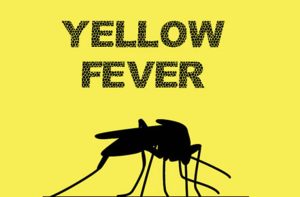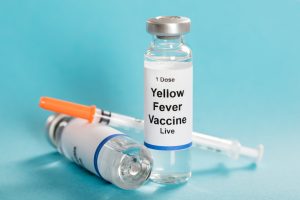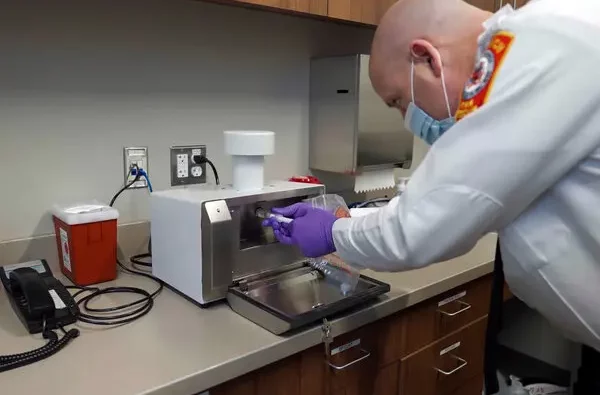
Introduction
Yellow fever, a formidable viral infection transmitted through mosquitoes, poses a significant health risk to individuals traveling to specific regions in Africa and South and Central America. This comprehensive guide explores the intricacies of the yellow fever vaccine, its necessity, and the precautions associated with it.
Understanding Yellow Fever
What is yellow fever?
Yellow fever is caused by the yellow fever virus, primarily transmitted through the bites of infected mosquitoes. While some individuals may experience flu-like symptoms and eventually recover, others face severe manifestations, including high fever, vomiting, jaundice (yellowing of the skin or eyes), and bleeding. Alarmingly, approximately 1 in 12 cases result in fatality.
The Role of Mosquitoes
Yellow fever is not transmitted directly from person to person; mosquitoes serve as carriers, transferring the infection from one human to another. Unlike the mosquitoes that carry malaria, which are active from dusk to dawn, the mosquitoes responsible for yellow fever tend to bite during daylight hours.

Key Questions Answered
What country requires the yellow fever vaccine?
Countries in Africa and South and Central America have witnessed yellow fever outbreaks. Travelers to these regions, especially those over the age of 9 months, are strongly advised to seek immunization. Some countries mandate an International Certificate of Vaccination for entry.
Who should have the yellow fever vaccine?
The yellow fever vaccine is recommended for:
- Travelers to at-risk countries
- Workers handling materials potentially infected with the virus
- Residents in areas where yellow fever is present

Where can I get the yellow fever vaccine?
Yellow fever vaccine administration is limited to accredited centers. While many GP practices offer the vaccine, travelers should ensure their local practice is accredited. A vaccination certificate is issued, indicating the vaccine’s effectiveness date.
How does the yellow fever vaccine work?
The vaccine stimulates the production of antibodies against the yellow fever virus, providing immunity. As a live vaccine, it can be administered concurrently with other vaccines.

When should you get the yellow fever vaccine?
To ensure immunity, individuals should receive the vaccine at least ten days before their travel date. While a single dose was traditionally effective for 10 years, recent declarations by the World Health Organization (WHO) suggest the potential for lifelong immunity. Travelers are advised to check the specific regulations of the countries they plan to visit.
What are the side-effects of yellow fever vaccine?
While severe reactions are rare, mild side-effects may persist for up to 14 days. These can include feeling generally unwell, headaches, muscle aches, joint pain, mild fever, or soreness at the injection site. Notably, encephalitis, a serious but rare side-effect, may occur, especially in individuals over 60.

Who should not receive the yellow fever vaccine?
Certain circumstances may preclude individuals from receiving the yellow fever vaccine, including reduced immunity, ongoing fever, pregnancy, severe past reactions to egg, and thymus disorders. Consultation with a healthcare professional is essential in such cases.
Conclusion
Navigating the realm of yellow fever and its vaccine is vital for individuals embarking on journeys to at-risk regions. Understanding the vaccine’s intricacies, potential side-effects, and the specific demographics it caters to ensures not only personal safety but also contributes to the prevention of yellow fever epidemics. Always seek personalized advice from healthcare professionals for a well-informed travel health strategy.










